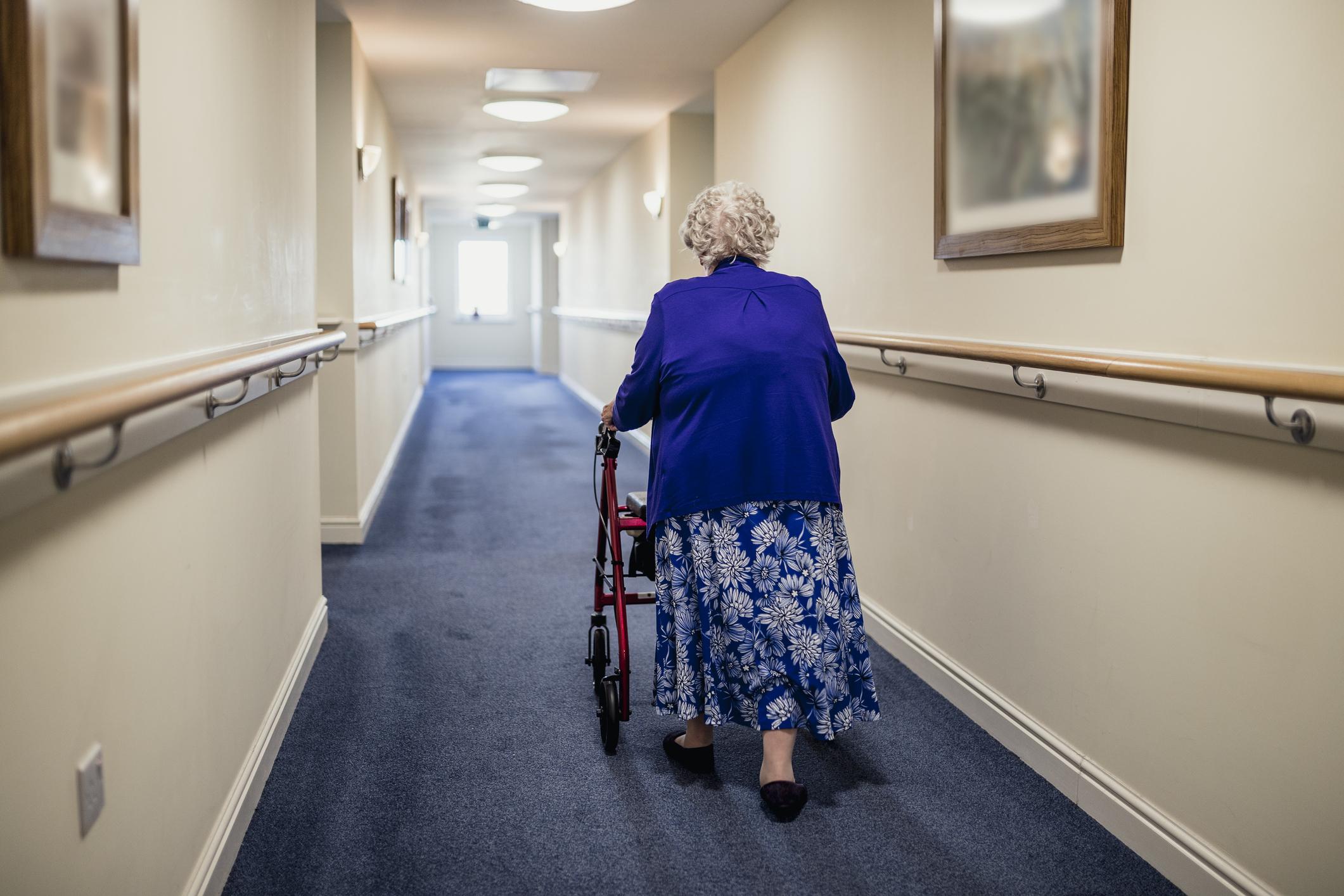Britons ‘avoiding coronavirus death conversations’, suggests survey
More than half of adults have not talked to loved ones about their end-of-life wishes, according to a survey

Your support helps us to tell the story
From reproductive rights to climate change to Big Tech, The Independent is on the ground when the story is developing. Whether it's investigating the financials of Elon Musk's pro-Trump PAC or producing our latest documentary, 'The A Word', which shines a light on the American women fighting for reproductive rights, we know how important it is to parse out the facts from the messaging.
At such a critical moment in US history, we need reporters on the ground. Your donation allows us to keep sending journalists to speak to both sides of the story.
The Independent is trusted by Americans across the entire political spectrum. And unlike many other quality news outlets, we choose not to lock Americans out of our reporting and analysis with paywalls. We believe quality journalism should be available to everyone, paid for by those who can afford it.
Your support makes all the difference.More than half of UK adults have not talked to loved ones about their end-of-life wishes should they fall critically ill with the Covid-19, a survey has found.
Fifty-six per cent of respondents said they have not – and do not plan to – discuss end-of-life arrangements with friends and family.
Fewer than a quarter (23 per cent) have had the conversation already, with 8 per cent saying it is more difficult to talk about death in the context of the pandemic, according to the poll carried out on behalf of older people’s charity Independent Age.
However, the survey indicates an age divide, with the over-65s most likely to say nothing would stop them talking about death, with almost half (46 per cent) agreeing, the charity said.
Deborah Alsina, chief executive of Independent Age, says that while bereavement is never easy, planning ahead can help with the process.
“The lockdown period has been difficult for all of us, but for those who have suffered a bereavement it will have been even harder,” she said.
“Funeral plans may have had to change because of new restrictions, and it can be a lot harder to grieve when you’re not able to be with the rest of your family.”
She added: “Although coping with death and bereavement will always be difficult, no matter what, it can sometimes be made a little bit easier if we know what our loved one would have wanted, which can only be assured if we speak to each other.
Psychologist Corinne Sweet says that end-of-life preparations are particularly important during lockdown.
“Obviously, the future is unknown right now. We can hope for the best, but discussing the worst ahead of time is a good idea,” she said.
“You can share and process feelings together, and make practical plans. This is especially important in lockdown, where a funeral may have to be ‘virtual’.
“Putting people’s minds at rest about death can make things easier in the long run.”
Some 2,000 adults aged 16 and over, including 1,042 over-65s, were surveyed by Censuswide between May 1 and 4 ahead of Dying Matters Awareness Week, which began on Monday.
The charity has put together advice on dealing with bereavement, which can be found at independentage.org/covid-safe-and-well.
Additional reporting by Press Association
Join our commenting forum
Join thought-provoking conversations, follow other Independent readers and see their replies
Comments